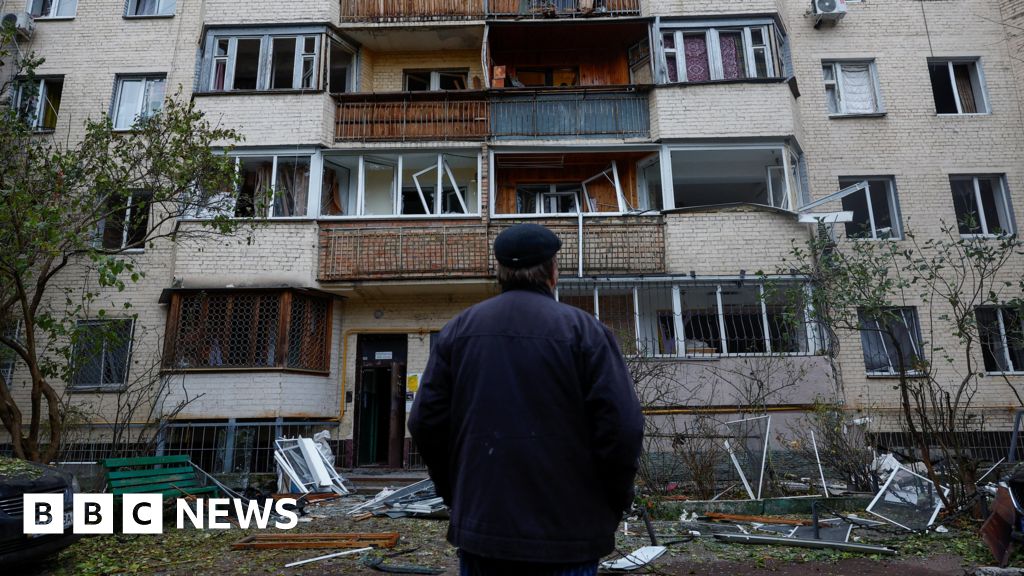EU Leaders Discuss Using Frozen Russian Assets to Aid Ukraine Amidst Legal Concerns
EU leaders are meeting in Brussels to consider plans for utilizing frozen Russian assets to provide crucial financial and defense support to Ukraine, facing some legal reservations.
Overview
- EU leaders are currently meeting in Brussels to discuss and potentially endorse plans to use frozen Russian assets to provide financial support to Ukraine.
- The European Commission proposes using these frozen assets as a 'reparation loan' to aid Ukraine, with interest from these assets already contributing to Ukraine's defense efforts.
- Ukraine faces significant financial challenges, with estimated budget and military needs totaling around $153 billion for 2026 and 2027, including a "survival budget" deficit.
- Belgium has expressed doubts and reluctance regarding the use of frozen Russian assets, citing legal concerns and potential unforeseen consequences.
- The final approval from EU leaders is pending, as they weigh the financial benefits for Ukraine against the legal complexities and member state reservations.
Report issue

Read both sides in 5 minutes each day
Analysis
Center-leaning sources are neutral, presenting a balanced account of the EU's plan to use frozen Russian assets. They detail Belgium's concerns about potential retaliation and the EU Commission's legal justification, alongside Russia's strong objections. The coverage focuses on factual reporting of differing viewpoints without editorial bias.
Articles (3)
Center (2)
FAQ
The 'reparations loan' is an EU initiative where the interest generated from Russian Central Bank assets frozen in the EU would be used to provide loans to Ukraine. The principal assets would not be directly confiscated or transferred, and Ukraine would only repay these loans if and when Russia pays damages for its war in Ukraine[1]. The interest from these frozen assets could provide up to €3 billion annually, depending on rates[1].
Belgium has expressed reluctance due to concerns about the legality of outright asset confiscation and fears that this could undermine the legitimacy and stability of the EU's financial system, possibly triggering capital flight. Much of the frozen Russian money is held in Belgian banks, and there is reluctance to set a global precedent for seizing sovereign assets without clear international legal backing.
The EU has already redirected over €3.5 billion in interest earned from frozen Russian assets to Ukrainian defense efforts, with sums like €1.55 billion in 2024 and around €2 billion in March 2025 directly supporting Ukraine[9]. These funds are helping to bolster Ukraine’s defense industry and secure military aid.
Globally, around $335 billion in Russian assets—including sovereign and private holdings—have been frozen since Russia’s invasion of Ukraine, with more than two-thirds (about €210 billion) held within the EU[1][4]. Most of these are sovereign assets belonging to the Russian Central Bank[1].
If consensus cannot be reached, the EU may continue to use only the interest and revenues from the frozen assets to support Ukraine, rather than risk international legal challenges or capital flight by seizing the assets themselves[1][5]. Discussions at the highest levels of the EU and among G7 nations have so far avoided confiscation, focusing instead on loan structures backed by asset interest.
History
- This story does not have any previous versions.


